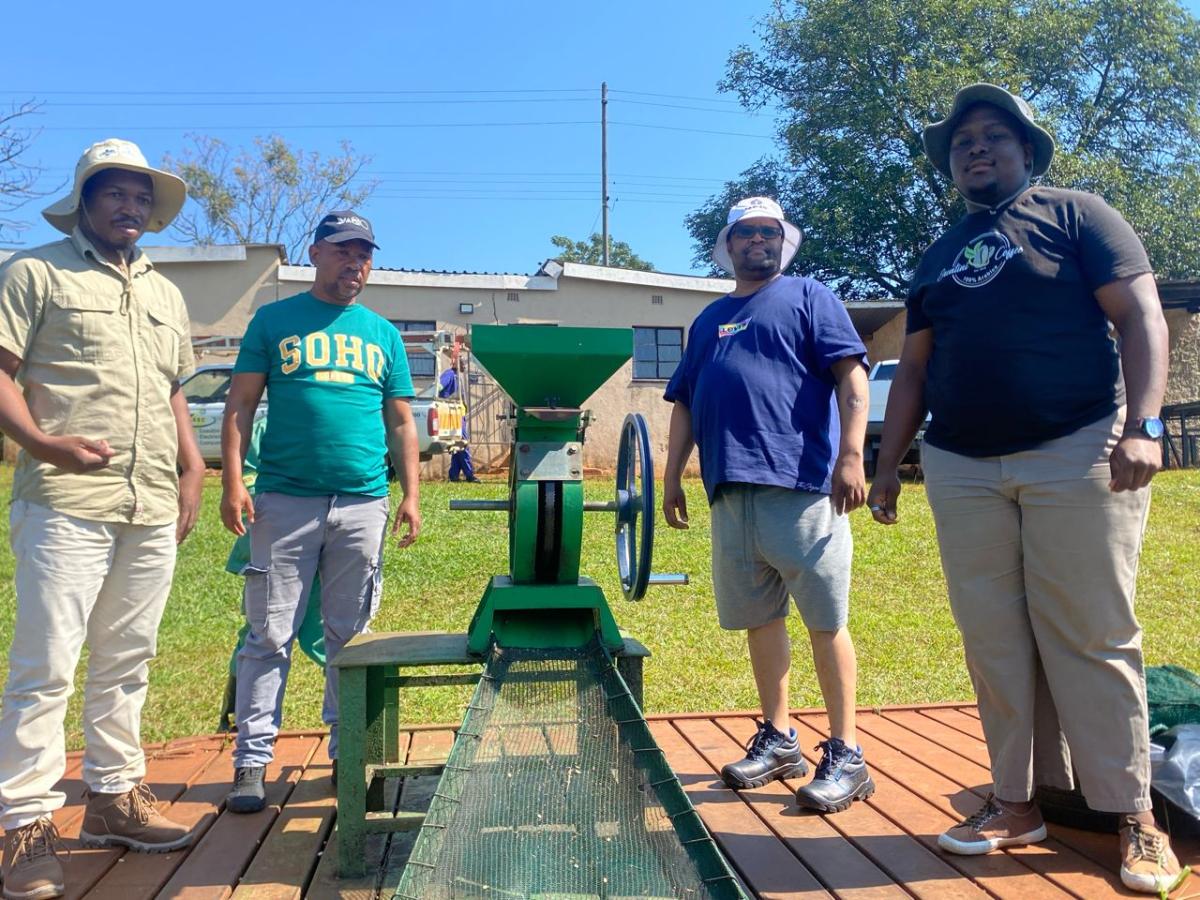The reality of climate change is now a well-accepted reality and there is emerging evidence that climate changeposes a massive threat for development especially in poor countries. An understanding of the emerging trends of climate change and its effects in local ecologies is an important starting point in addressing the negative effects of climate change. This study sought to understand the impact of climate change on the livelihoods of local communities, focusing on Matobo District in Zimbabwe. The objective of the study was to understand how communities have been affected by climate change and how they are adapting to it as well as their perceptions about the gravity of the climate change phenomenon. The findings of the study were that the effects of climate change on livelihoods in the study area are alarming. Climate change has altered the physical geography of the area leading to a disappearance of flora and fauna and other natural habitat that constituted the livelihoods of the local people. Declining precipitation and rising temperatures are making farming increasingly more difficult,and thus aggravating food insecurity in the area. Urgent climate change programming steps must be taken to prevent a livelihoods catastrophe in semi arid regions in sub-Saharan Africa.
Livelihoods,
Semi-Arid Regions,
Zimbabwe
Dube, Thulani and Phiri, Keith, Rural Livelihoods Under Stress: The Impact of Climate Change on Livelihoods in South Western Zimbabwe (May 5, 2013). American International Journal of Contemporary Research Vol. 3 No. 5; May 2013. Available at SSRN: https://ssrn.com/abstract=2745773

 English
English Français
Français Português
Português Kiswahili
Kiswahili




